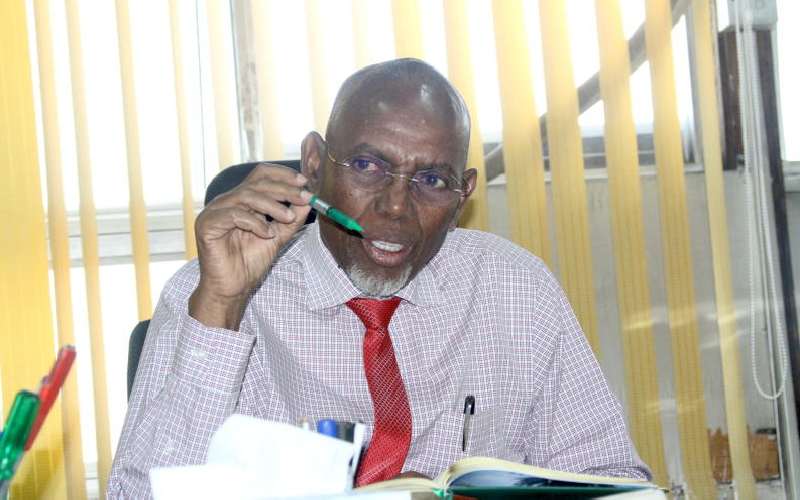×
The Standard e-Paper
Fearless, Trusted News

Agricultural Development Corporation (ADC) Managing Director Mohammed Bulle during an interview with Standard, on Tuesday, February 16, 2021. [David Njaaga, Standard]
The Agricultural Development Corporation (ADC) has imported 19 bulls from South Africa worth Sh14 million to help improve milk and beef production in the country.